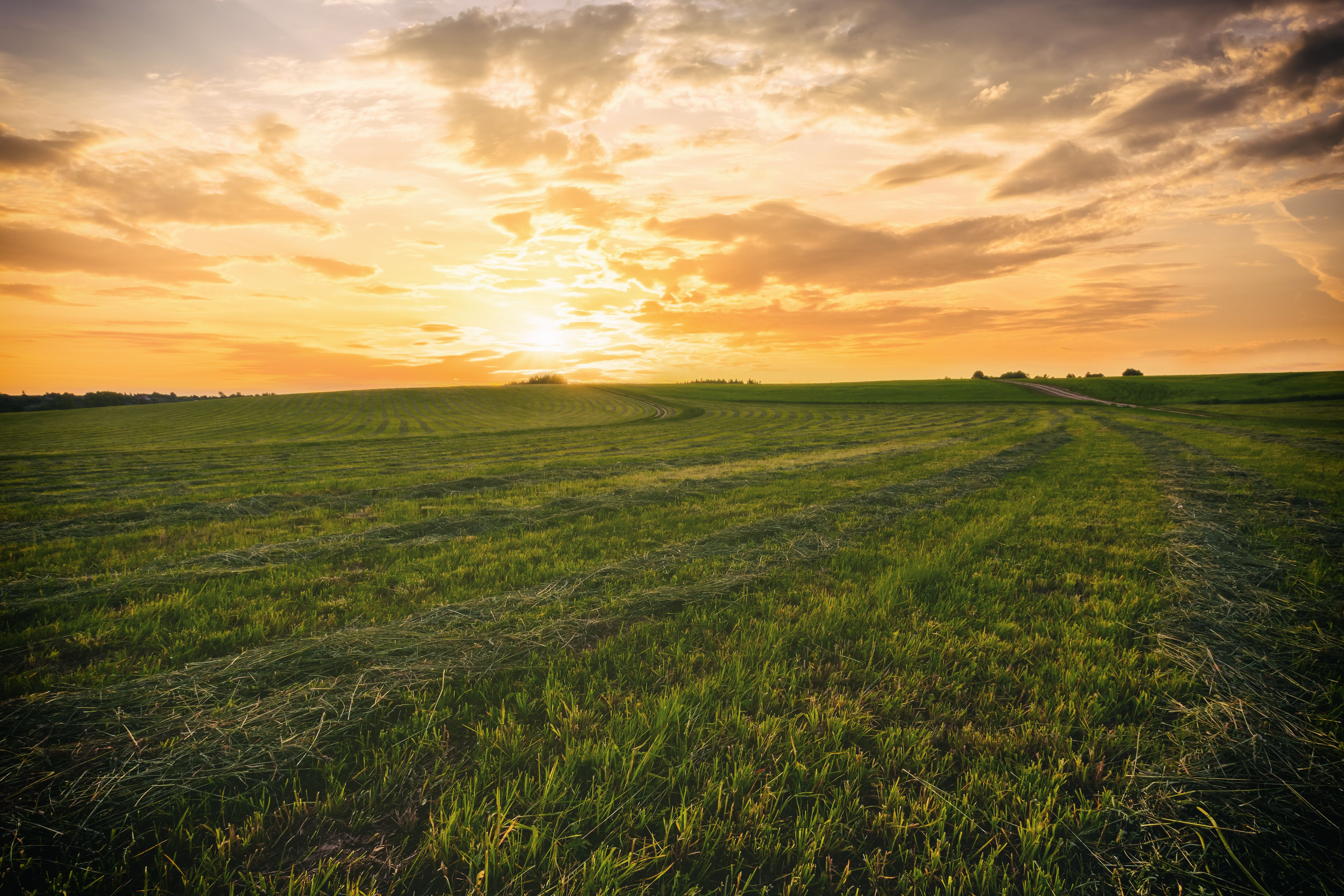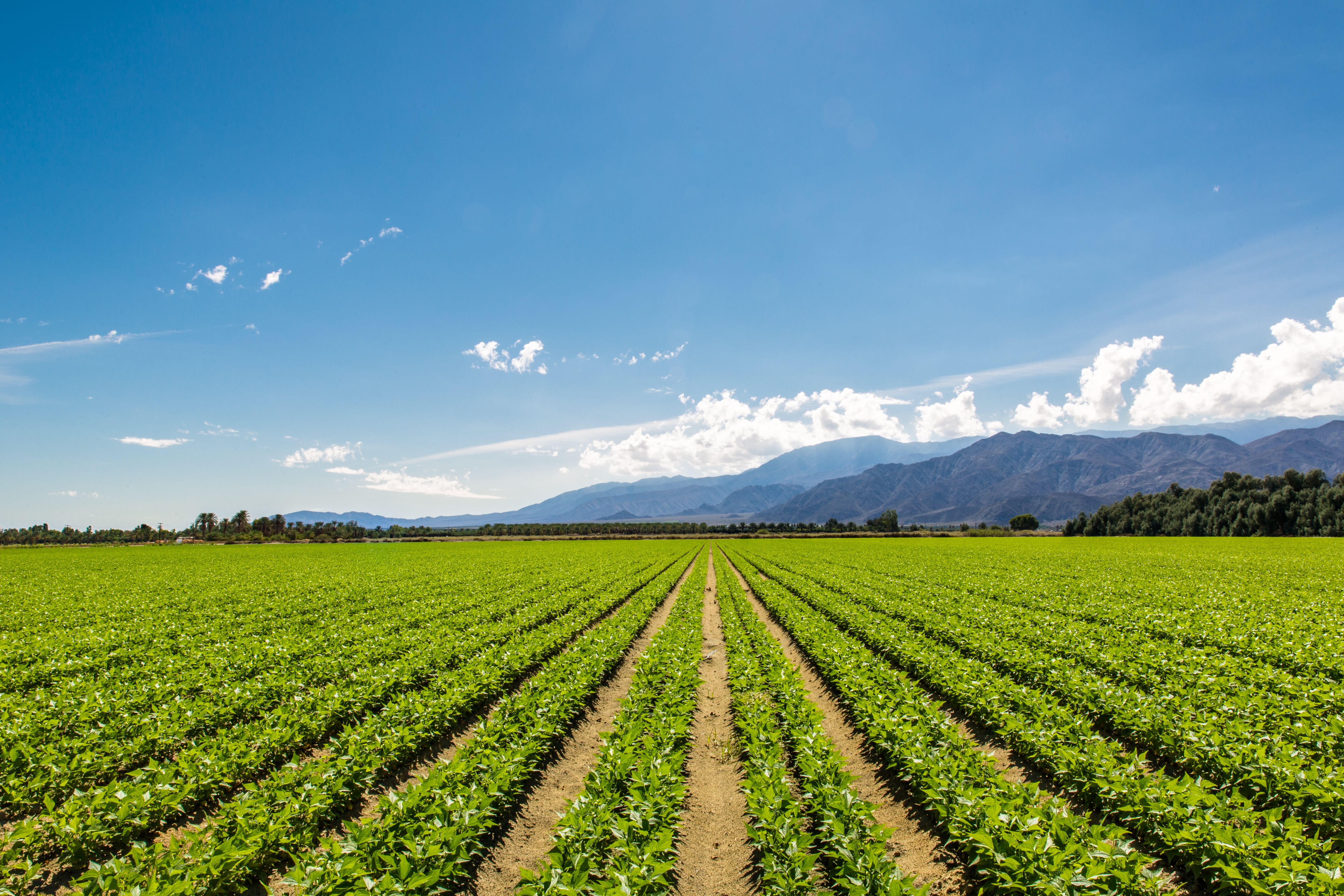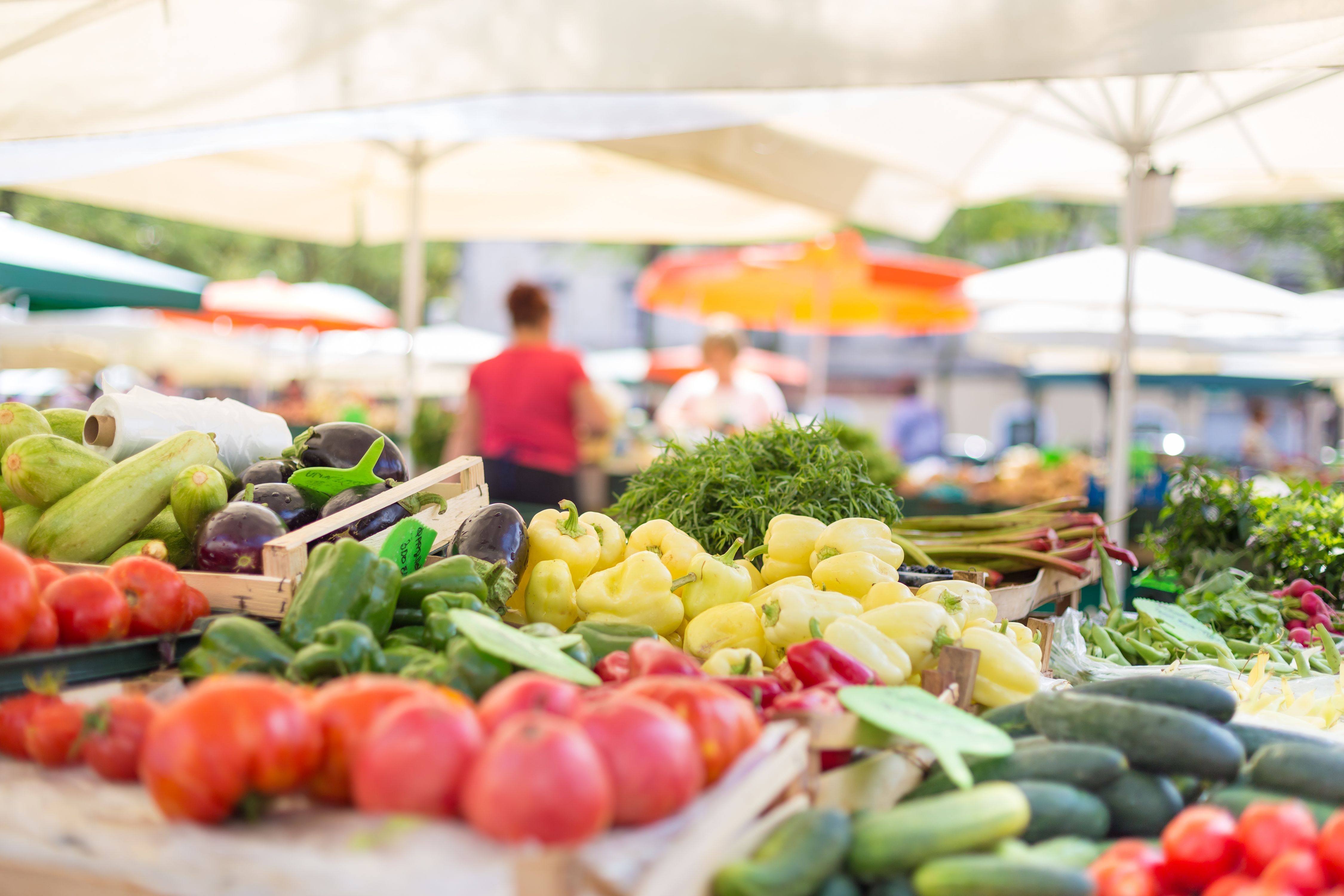Choosing Between Organic and Conventional Farming in California
Understanding the Basics of Organic and Conventional Farming
The debate between organic and conventional farming is a significant topic, especially in a diverse agricultural state like California. Each method has its own set of practices, benefits, and challenges. Understanding these differences is crucial for farmers, consumers, and policymakers alike.

Organic farming emphasizes natural processes and materials. Farmers use compost, crop rotations, and cover crops to promote soil health and biodiversity. They avoid synthetic fertilizers and pesticides, focusing instead on biological pest control. Conventional farming, on the other hand, often relies on chemical fertilizers and pesticides to increase yield and reduce labor costs. This method can be more financially beneficial in the short term but may have long-term environmental impacts.
The Environmental Impact
One of the primary considerations when choosing between these farming methods is their environmental impact. Organic farming is generally seen as more sustainable because it enhances soil health and reduces pollution. It encourages biodiversity by not using harmful chemicals that can damage ecosystems.

Conventional farming, while often more productive per acre, can lead to soil degradation, water pollution, and a decrease in biodiversity. The use of synthetic chemicals can result in residual pesticides in water bodies, affecting aquatic life and potentially human health.
Economic Factors
Economically, organic farming can be more expensive due to higher labor costs and lower yields. Organic certification also requires adherence to strict regulations, which can be costly and time-consuming for farmers. However, organic products often sell at a premium, which can offset these costs.

Conventional farming can be more cost-effective in terms of production and yield. The use of advanced technology and chemicals allows farmers to produce more food at a lower cost. However, the long-term sustainability of these practices is often questioned due to their environmental impact.
Health Considerations
Health is another major factor influencing this decision. Organic foods are often considered healthier by consumers due to the absence of synthetic pesticides and fertilizers. Studies have shown that organic produce can have higher levels of certain nutrients compared to conventionally grown produce.
Conversely, conventional farming methods have improved significantly with better pesticide management and crop varieties that minimize health risks. Nonetheless, concerns about chemical residues in food continue to drive some consumers towards organic options.
Making the Right Choice for You
Choosing between organic and conventional farming ultimately depends on your priorities. If sustainability and environmental stewardship are your primary concerns, organic farming may be the better choice. However, if maximizing yield and minimizing costs are key, conventional farming might suit your needs better.

It’s also important to consider the local market demand in California. Consumers are increasingly interested in sustainably produced food, which could influence your decision if you're targeting a niche market.
Whether you're a farmer making decisions about your operations or a consumer deciding what to buy, understanding these different approaches helps make informed choices that align with your values and goals.